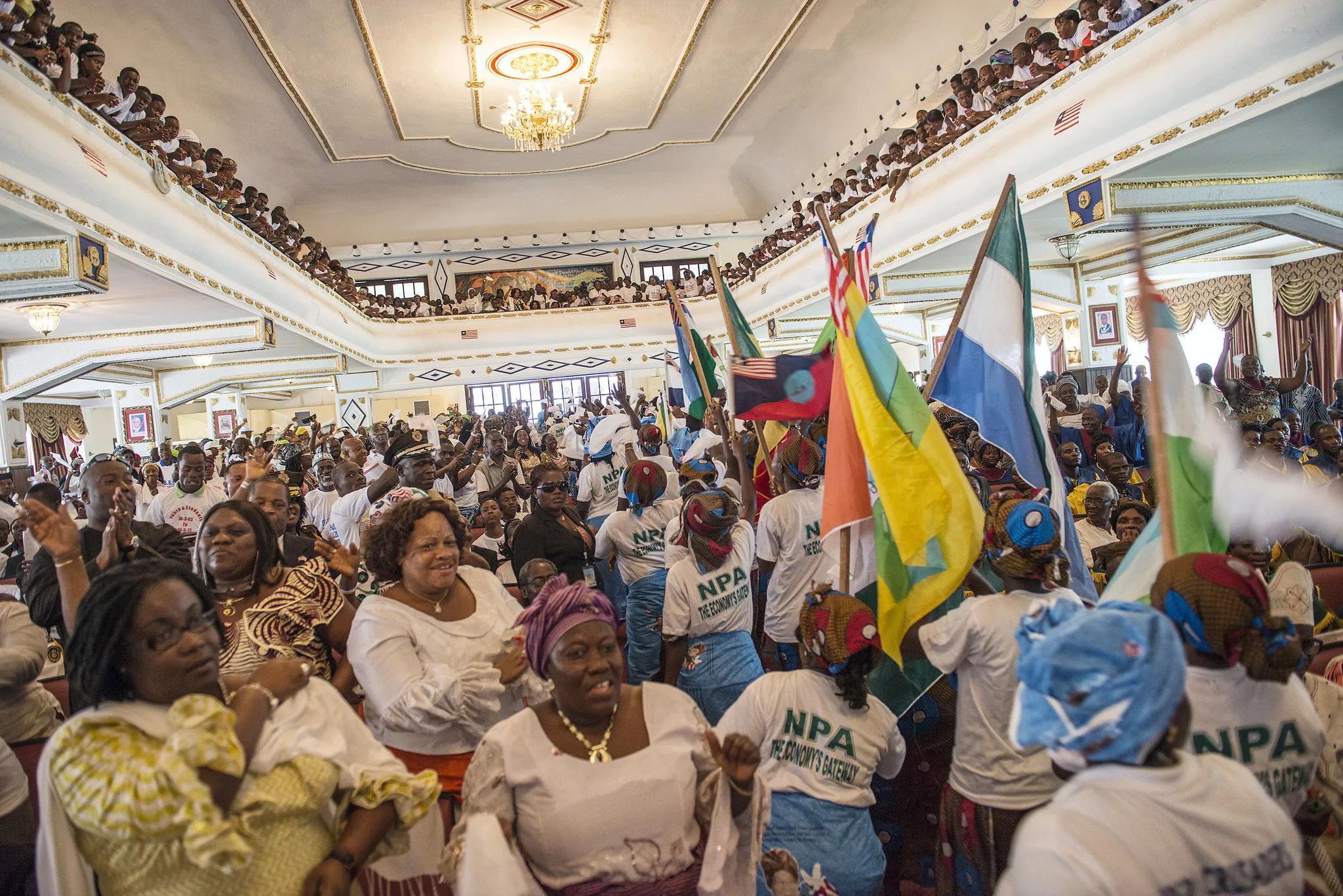From war to peace: the importance of election timing and sequencing

In countries transitioning from war to peace, elections are important instruments in facilitating broader democratic consolidation and state-building efforts. However, experts caution that transitional elections should not be taken for granted and that their timing and sequencing is critical.
On 30 November, an International IDEA event in The Hague brought together over 20 high-profile national and international experts working in the field of elections, peace building, and mediation. Building on seven empirical case studies of post-war elections (in Bougainville, Bosnia and Herzegovina, Central African Republic, Colombia, Liberia, Nepal and Northern Ireland), expert discussions focused on the key issues and trade-offs involved in: sequencing the roadmap to elections; building a legal and institutional framework; and international involvement.
While acknowledging that every context is unique, the participants agreed that lessons learned from relevant countries can provide orientation for actors involved in future decision-making processes. They reiterated that elections are not a quick-fix to all problems in transitions. Instead, in countries transitioning from war to peace, elections are only part of a complex peace-building equation. Disarmament, demobilization, and reintegration (DDR), restoring rule of law, and reconciliation processes need to take hold for elections to successfully deliver.
A lack of coordination among international agencies may also have negative consequences, according to participants. It can create duplicate, overlapping, and contradictory approaches; and it can erode or build negative capacities amongst local actors to play the competition between international agencies to advance their own agenda, to mention a few.
Building on the insights and lessons learnt from event, International IDEA will continue working with experts in distilling and publishing key findings and recommendations from the project for practitioners.
The event follows a workshop for the ‘Timing and Sequencing of Transitional Elections’ project in Dakar, Senegal in September, which focused on contexts transitioning from authoritarianism and deep political crises to democratic governance and political stability.
Read more about 'inclusive peacebuilding in conflict-affected states' as a means of building democracy's reslience in Chapter 8 of International IDEA's recent publication, The Global State of Democracy.




